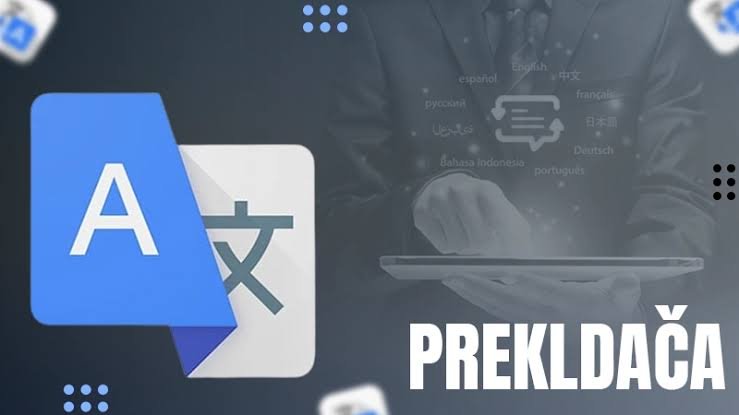What You Need to Know About the Phone Number 916-546-2870
Have you ever seen the phone number (916-546-2870) pop up on your caller ID and wondered who might be calling? It’s a common scenario—mysterious numbers can catch us off guard, and it’s natural to want to know more before answering. In this blog post, we’ll dive into everything you need to know about (916-546-2870). We’ll explore possible reasons why this number might be calling you, what to do if you receive repeated calls, and how to stay protected from unwanted or scam calls. Let’s get started!
Who Might Be Calling from (916-546-2870)?
If you’ve received a call from (916-546-2870), you might be curious about who is on the other end. Here are a few common reasons why you might see this number on your phone:
- Telemarketing or Sales Calls: Many people report receiving calls from numbers like (916-546-2870) that turn out to be from telemarketers or companies trying to sell a product or service. These calls can sometimes be annoying, especially if they come at inconvenient times.
- Survey or Research Firms: Some calls from unknown numbers are simply research or survey companies looking to collect opinions on various topics. While not harmful, these calls can be a nuisance if you’re not interested in participating.
- Scam or Robocalls: Unfortunately, the rise of scam calls is a reality for many phone users. Calls from (916-546-2870) could be a part of a larger robocall campaign, often designed to trick individuals into providing personal information.
- Genuine Call from a Business: It’s also possible that (916-546-2870) could be a legitimate call from a business or service you’ve interacted with. For instance, it might be from a customer service department, appointment reminder, or other business-related follow-up.
What Should You Do If You Receive a Call from (916-546-2870)?
Getting a call from an unfamiliar number can be unsettling. Here are a few steps to take if you receive a call from (916-546-2870):
- Don’t Answer If You Don’t Recognize the Number: It’s often best to let unknown numbers go to voicemail. If the call is important, the caller will leave a message that you can review at your convenience.
- Use a Reverse Phone Lookup Tool: There are several websites and apps that allow you to search a phone number like (916-546-2870) and see if other people have reported it. This can help you understand if it’s a potential scam or telemarketing call.
- Block the Number: If (916-546-2870) continues to call and it’s unwanted, consider blocking the number. Most smartphones have a feature that allows you to block specific numbers, so you won’t receive calls or messages from them in the future.
- Report Suspicious Calls: If you suspect that a call from (916-546-2870) is part of a scam, you can report it to your phone carrier or the Federal Trade Commission (FTC) in the United States. This helps authorities track scam activities and may help protect others.
Is (916-546-2870) Safe to Answer?
Determining whether a call is safe to answer is often the trickiest part. If you don’t recognize (916-546-2870) and there’s no voicemail or information online, proceed with caution:
- Ask Direct Questions: If you do decide to answer, be direct with your questions. Ask the caller for their name, the company they represent, and the purpose of their call. Legitimate callers will be happy to provide this information.
- Never Share Personal Information: Whether it’s your address, bank details, or social security number, never share sensitive information over the phone, especially to an unknown number like (916-546-2870).
- Hang Up If It Sounds Suspicious: If at any point during the call you feel uncomfortable or the conversation seems fishy, it’s best to hang up. Trust your instincts.
Why Are Calls from Numbers Like (916-546-2870) Increasing?
The number of robocalls and telemarketing efforts has surged in recent years, and there are a few reasons behind this trend:
- Advanced Dialing Technology: Automated dialers allow companies and scammers to make thousands of calls a day with minimal effort. These systems randomly generate numbers, which is why you might receive a call from (916-546-2870) even if you’ve never interacted with them before.
- Data Leaks and Breaches: With so much personal information being stored online, data breaches can lead to phone numbers being sold to telemarketers and scam operators. This makes it easier for them to reach you through numbers like (916-546-2870).
Conclusion
Receiving a call from (916-546-2870) can be confusing, but you don’t have to feel uncertain about how to handle it. By using caution, blocking unwanted calls, and staying informed about potential scams, you can protect yourself from unwanted disturbances. Remember, it’s always better to be safe than sorry when dealing with unfamiliar numbers!
FAQs
1. What should I do if I missed a call from (916-546-2870)?
If you missed a call from (916-546-2870) and they didn’t leave a voicemail, it’s probably not urgent. Consider using a reverse phone lookup tool to see if others have reported the number before deciding to return the call.
2. Can I block (916-546-2870) on my phone?
Yes, most smartphones have a blocking feature that allows you to block numbers like (916-546-2870). This will prevent them from calling or texting you again.
3. Is (916-546-2870) a scam number?
It’s hard to say for sure without more information. However, many unknown numbers, including (916-546-2870), could be associated with telemarketing or robocalls. Be cautious and avoid sharing any personal details.
4. How do I report (916-546-2870) if it’s a scam?
If you believe (916-546-2870) is involved in scam activity, report it to your phone carrier or to the FTC through their website or by calling their hotline.
5. Why am I receiving so many calls from numbers like (916-546-2870)?
The rise of robocalls and data breaches has made it easier for telemarketers and scammers to reach people. Advanced dialing technology also enables them to make more calls with little effort.
6. Is it safe to call back (916-546-2870)?
It’s generally best not to return calls from unknown numbers like (916-546-2870), especially if they didn’t leave a message. Scammers sometimes use tactics that charge high fees when you return a call.









